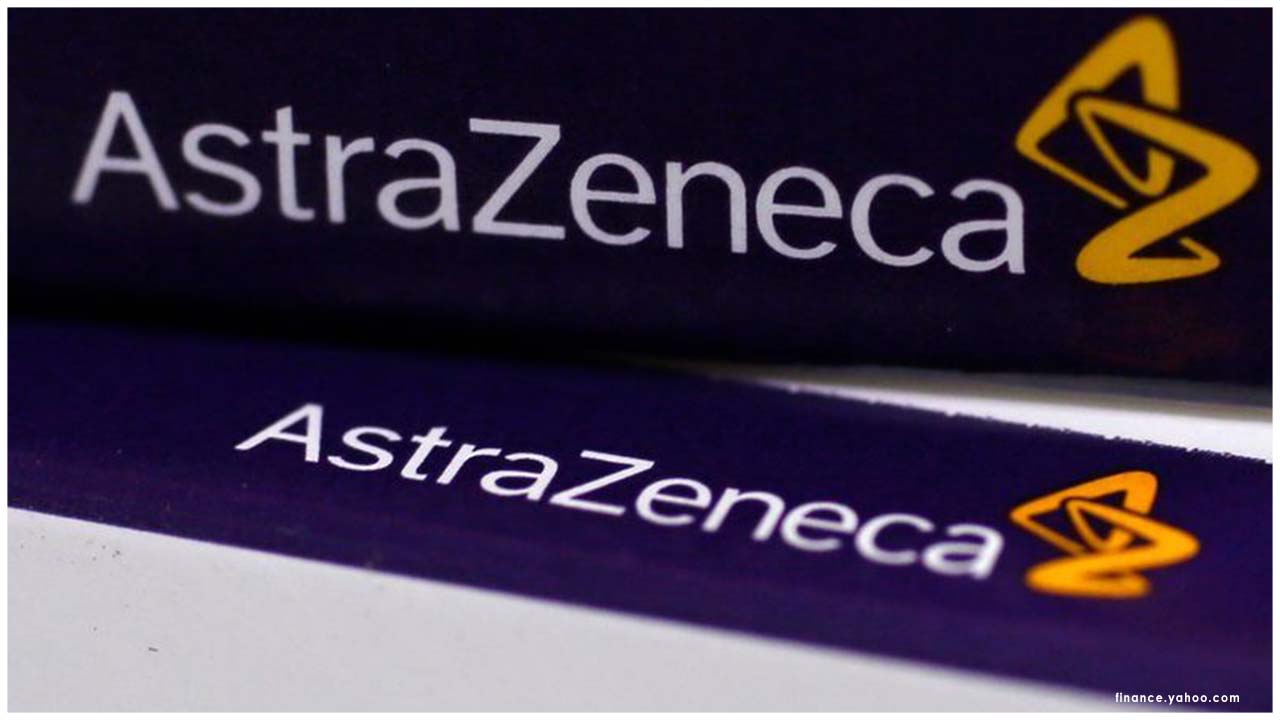AstraZeneca has temporarily put the brakes on its late-stage, global COVID-19 vaccine trial after a participant came down with what experts call an "adverse event."
"Whilst it has been reported that one trial volunteer has become ill, this may be due to an issue related to the vaccine. It also may not," a spokesperson from Oxford University told ABC News this morning.
The promising vaccine candidate created by researchers at Oxford had been marching through rounds of clinical trials before word of the voluntary pause came down Tuesday night.
Trial participants in the U.S had started injections just last week.Specialists ABC News spoke with said they welcomed the pause.
"It is very reassuring that in this political era, with very significant political pressure on the pace of vaccine development, that the regular order here prevailed," Ruth Faden, M.P.H., Ph.D., founder of the Johns Hopkins Berman Institute of Bioethics, told ABC News.
"This is an example of how the conduct of clinical trials is supposed to work," said Anna P. Durbin, M.D., a vaccine researcher and Professor at John Hopkins Bloomberg School of Public Health.
"In pausing the trial, AstraZeneca is taking the time to thoroughly review the event and in doing so, ensuring the safety of the product is of highest priority," Durbin told ABC News.
Vaccine trial volunteers wait for their names to be called before being tested for the coronavirus disease and taking part in the country's human clinical trial for a COVID-19 vaccine at Wits RHI Shandukani Research Centre in Johannesburg, Aug. 27, 2020.
Experts say that in large trials like this, illnesses occur in some participants by chance. The trial must then be halted to allow for further investigation into whether or not the vaccine is related to any serious adverse event.
"An adverse event is defined as any untoward reaction that occurs following administration of a vaccine, and it may or may not be related to that vaccine," said Durbin.
Adverse events may be anything from redness and soreness at the injection site to more serious complications. What's important to the clinical trial is to see if it has to do with the vaccine.
STAT News reported Wednesday morning that AstraZeneca CEO Pascal Soriot told investors that the adverse event involves a woman in the United Kingdom who was injected with the vaccine as part of the trial, and has symptoms consistent with a rare neurological disease called transverse myelitis.
An AstraZeneca spokesperson said, in part, "There is no final diagnosis and there won’t be one until more test are carried out."
This is the second time that AstraZeneca's trial has been halted. In July, the trial was also paused for possible safety concerns, but the issue was resolved quickly and the trial resumed shortly thereafter.
"It is important to note that this is a normal process in vaccine studies. This is how the safety review is supposed to work," she said.
The Data and Safety Monitoring Board, made up of independent reviewers who are experts in the field of vaccine research, will be helping with the investigation.
To determine whether this case of suspected transverse myelitis is related to the AstraZeneca vaccine, investigators may look into the timing between vaccine administration and the onset of neurologic symptoms. The results may take days or weeks depending on lab results.
"Vaccines have been a reported cause of transverse myelitis, but it has never been definitively proven," Jonathan E. Howard, M.D., a neuroimmunologist at NYU Langone Health and chief of neurology at New York City's Bellevue Hospital, told ABC News.
Transverse myelitis is an inflammatory disease of the spinal cord caused by an autoimmune process whereby the body attacks its own nervous system tissue. This autoimmune process may be triggered by infection, underlying autoimmune disease, or unknown causes.
AstraZeneca said a woman in the UK had symptoms consistent with a rare but serious inflammatory disorder of the spine, which led the UK drug maker to halt its clinical study of the new coronavirus vaccine, New statistics reported on Wednesday.The participant was recovering and will likely be released from the hospital today, according to New statistics, who said the new revelations from Astra chief executive Pascal Soriot were shared by three of the investors participating in conference calls.
The London-listed company said on Tuesday evening it would suspend global trials of its COVID-19 vaccine candidate after an unexplained illness in a study participant.
A separate report from Financial Times noted that AstraZeneca may resume testing of its experimental coronavirus vaccine next week, the Financial Times reported Wednesday, citing people familiar with the matter.
AstraZeneca did not immediately respond to requests for comment on the reports.
Story Courtesy : https://abcnews.go.com/

 Though according to Financial Times the trial will resume next week
Though according to Financial Times the trial will resume next week










.jpeg)

.jpeg)










.jpg)




.jpg)

